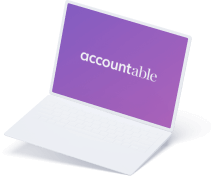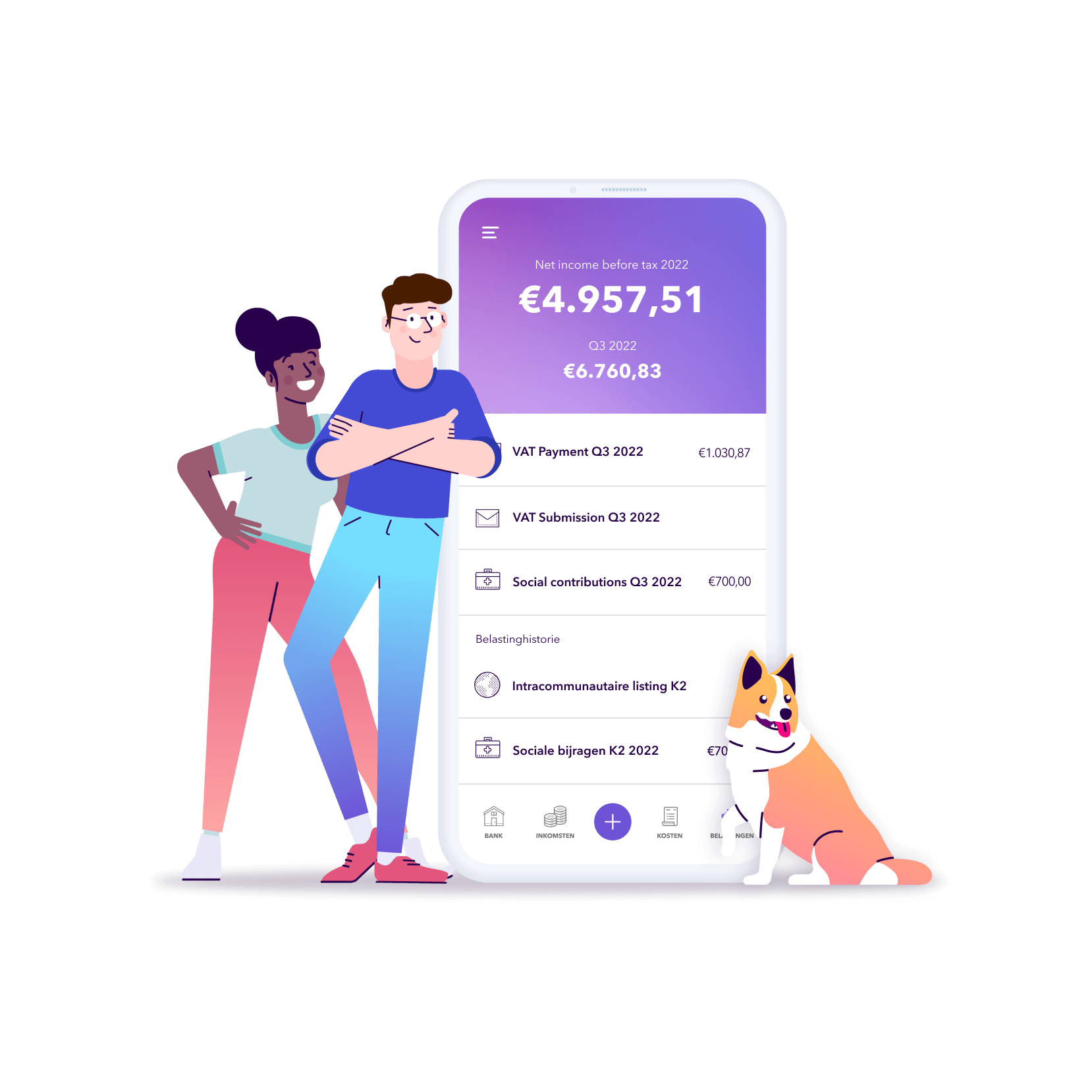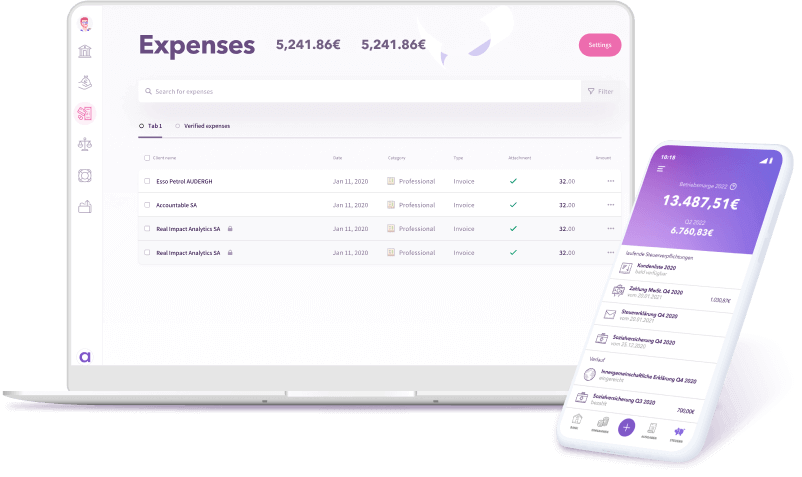
How to avoid false self-employment (“Scheinselbstständigkeit”) in Germany
Read in 5 minutes
One of the things people may warn you about when you first start freelancing in Germany is the trap of false self-employment, and they’re right to do so! False self-employment is an issue of fraud that is taken very seriously by the tax authorities, and it’s very important to be aware of your rights and responsibilities so that you can avoid getting into real trouble.
“Fraud?” I hear you thinking, “I’m not going to engage in fraud!”. While it’s great that you don’t want to do so intentionally, we want to make sure that you can identify potential clients or situations that could be deemed as false self-employment so that you don’t do so by mistake. Foreigners freelancing in Germany are more likely to be the ones to unwittingly fall into a trap, as they’re typically less aware of the regulations that govern these situations.
This guide sheds light on this grey area of freelancing and provides you with the know-how to identify any questionable clients or arrangements so that you can confidently operate as a freelancer in Germany in compliance with local regulations.
False self-employment
What is it?
In order to explain what false self-employment (“Scheinselbstständigkeit”) is, it will help to define what genuine self-employment looks like, and why false self-employment exists at all.
Genuine self-employment
When someone is genuinely self-employed, they generate income through work with multiple clients. They have the freedom to provide services to clients and customers without being integrated into the organisation. They can choose how they manage their own workload, as well as where and when they work. When accepting a project, a genuinely self-employed person is able to negotiate their rates and define the scope of the work that will be involved.
The freedoms and flexibilities of self-employment also comes with certain negatives when compared with employment. Self-employed people forgo the right to a minimum wage, must make their own health insurance and pension contributions, and don’t accrue paid vacation or sick leave. Many employers provide several other benefits to their staff, such as training budgets, equipment, and things like subsidised gym memberships or lunch. These are factors that should be considered when setting and negotiating rates, as freelancers must ensure they too can manage financially if they fall ill and take a holiday every so often.
False self-employment
The lack of working rights and benefits for freelancers can attract some unethical and noncompliant behaviour from employers who, in hoping to circumvent the full costs of hiring legitimate employees, hire freelancers and ask or expect them to carry out the duties of an employee. Hiring freelancers to subcontract tasks and projects is absolutely fine, but when a freelancer is expected to do the work of an employee, without the benefits or employment rights, it’s not genuine freelancing, it’s false self-employment.
Despite the importance of this issue, it still remains somewhat of a grey area. The criteria with which false self-employment is distinguished from genuine self-employment can be complex, with multiple factors that are taken into account. Broadly, false self-employment exists when a freelancer or self-employed person is acting as a pseudo-employee. More specifically, it occurs when the majority of a freelancer’s income comes from one client (80% is the rule of thumb) and when that freelancer does not have any employees of their own.
Why is it bad?
If false self-employment is proven, both the client and the individual will face legal and financial consequences. In the client’s case, all their would-be financial obligations will be applied retroactively, so they’ll be required to back-pay all the social security contributions and other costs they have avoided paying for the period you’ve worked together, up to a period of 4 years.
The freelancer may be required to make back payments to the German national pension system (“Deutsche Rentenversicherung”) and risks having their freelance status revoked.
How to avoid false self-employment
False self-employment can affect people in any line of freelance work, in any industry. The best way to avoid false self-employment is to be aware of the various criteria that are used to verify genuine self-employment. We recommend going through the checklists below.
Freelance/self-employed checklist
These are some criteria that would be considered by the people investigating whether you were false self-employed. Make sure you can answer yes to these questions to prove you are a genuine freelancer.
- Are you free to decide how to deliver your work?
- Are you free to accept or decline work or projects?
- Are you able to negotiate the scope of your work?
- Do you use your own equipment?
- Can you set your own working hours?
- Do you generate income from several clients? (Remember, no single client should make up more than 80% of your income)
- If you only have one client, are you actively seeking new ones?
- Do you advertise or market yourself as an independent contractor or self-employed person?
If your answer is no to any of these questions, make sure to address this. This could mean finding new clients to make sure that your income is not dominated by any one client.
However, if you’re just starting out your freelance career and you only have one client, don’t panic. It’s reasonable to expect that building a roster of clients takes some time. As long as you’re working towards building your client base up, you would still be considered genuinely self-employed. The same applies if you’re currently focusing on one big project but you’ve had plenty of other clients in the past.
Client checklist
In addition to the questions about your freelance work overall, consider each of your clients and whether they’re expecting things of you that aren’t appropriate for a freelancer. The list below is not exhaustive but gives you a good sense of what sort of things aren’t reasonable for a client and freelancer relationship.
- Do you have a company email address?
- Do you wear a company uniform?
- Are you expected to spend a lot of time in the company office?
- Are there employees at the company doing the same work as you?
- Are you expected to participate in performance reviews?
- Do you receive instructions from the client?
- Are you expected to work at specific times?
- Are you expected not to work for other companies or on other projects?
- Do you have decision-making power in the company?
- Are your remuneration and invoicing procedures dictated to you?
If you answered yes to several of these questions for any one of your clients, you need to either request that some changes are made to the nature of the agreement, or move on from that client completely to avoid any risks.
💡Tip from Accountable: Make sure to include all the necessary information to create a legally compliant invoice.
Who can investigate false self-employment?
Verifications can be carried out by the German Pension Insurance Association, the labour court, social or health insurance companies, or the tax office. If you’re working for a client that is expecting or demanding things of you that they would of an employee, you may also request that an investigation into false self-employment is carried out.
Final thoughts
The rise of the so-called “gig economy” has meant that more people are freelancing, and companies are taking advantage of short-term, flexible, and affordable labour. This is not inherently bad, but with this acceleration comes growing concerns around the risk of false self-employment and other precarious work arrangements.
The more aware you are of the risks and criteria, the better off you’ll be. Continue to review each new client relationship and revisit your checklists, and you’ll be able to identify and avoid any false self-employment situations.
💡Tip from Accountable: There are so many things to stay on top of when freelancing in Germany. Make it easier on yourself by letting us help. Download Accountable now to get help with your invoices, expenses, and tax reports.
Did you find what you were looking for?
Happy to hear!
Stay in the know! Leave your email to get notified about updates and our latest tips for freelancers like you.
We’re sorry to hear that.
Can you specify why this article wasn’t helpful for you?
Thank you for your response. 💜
We value your feedback and will use it to optimise our content.










